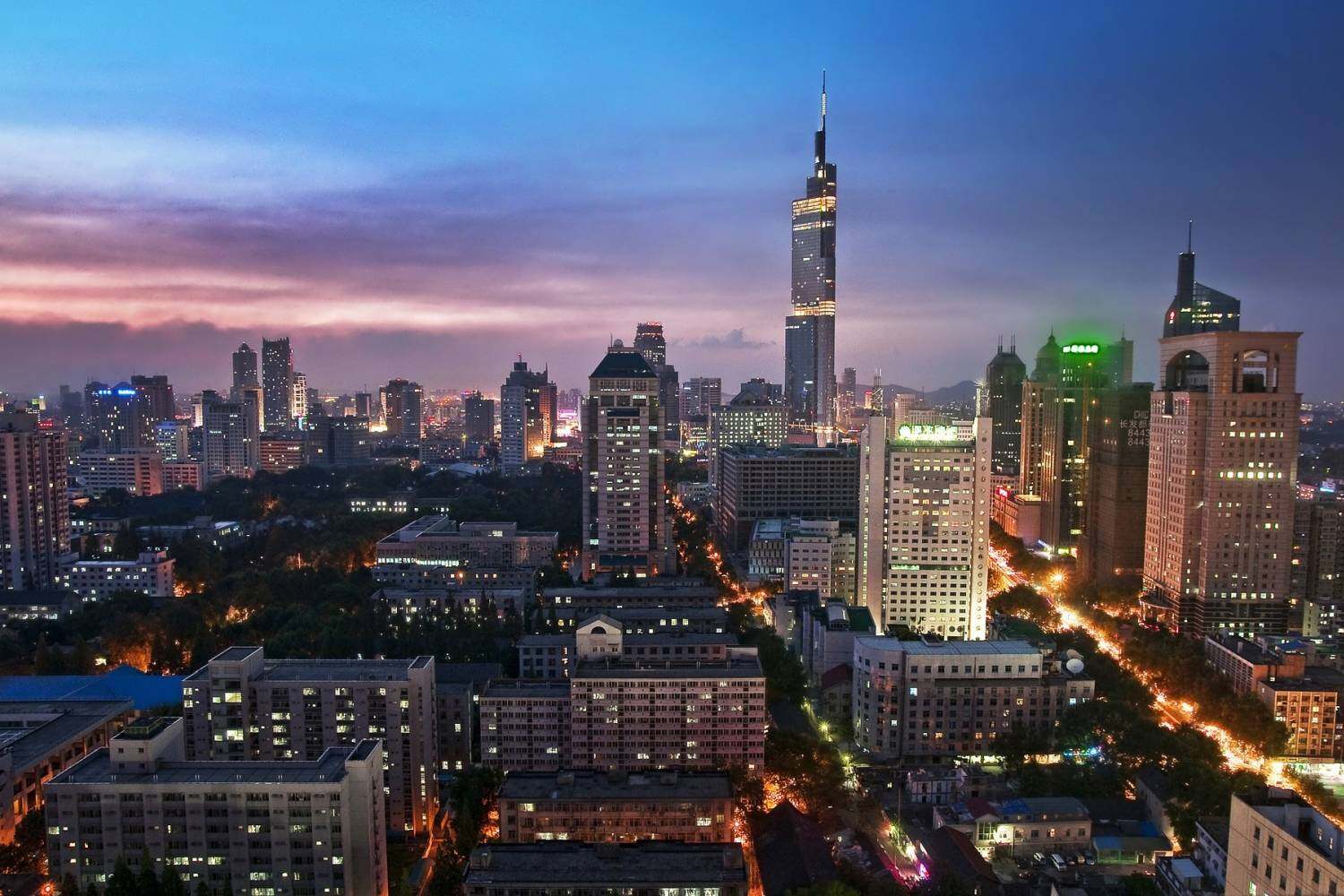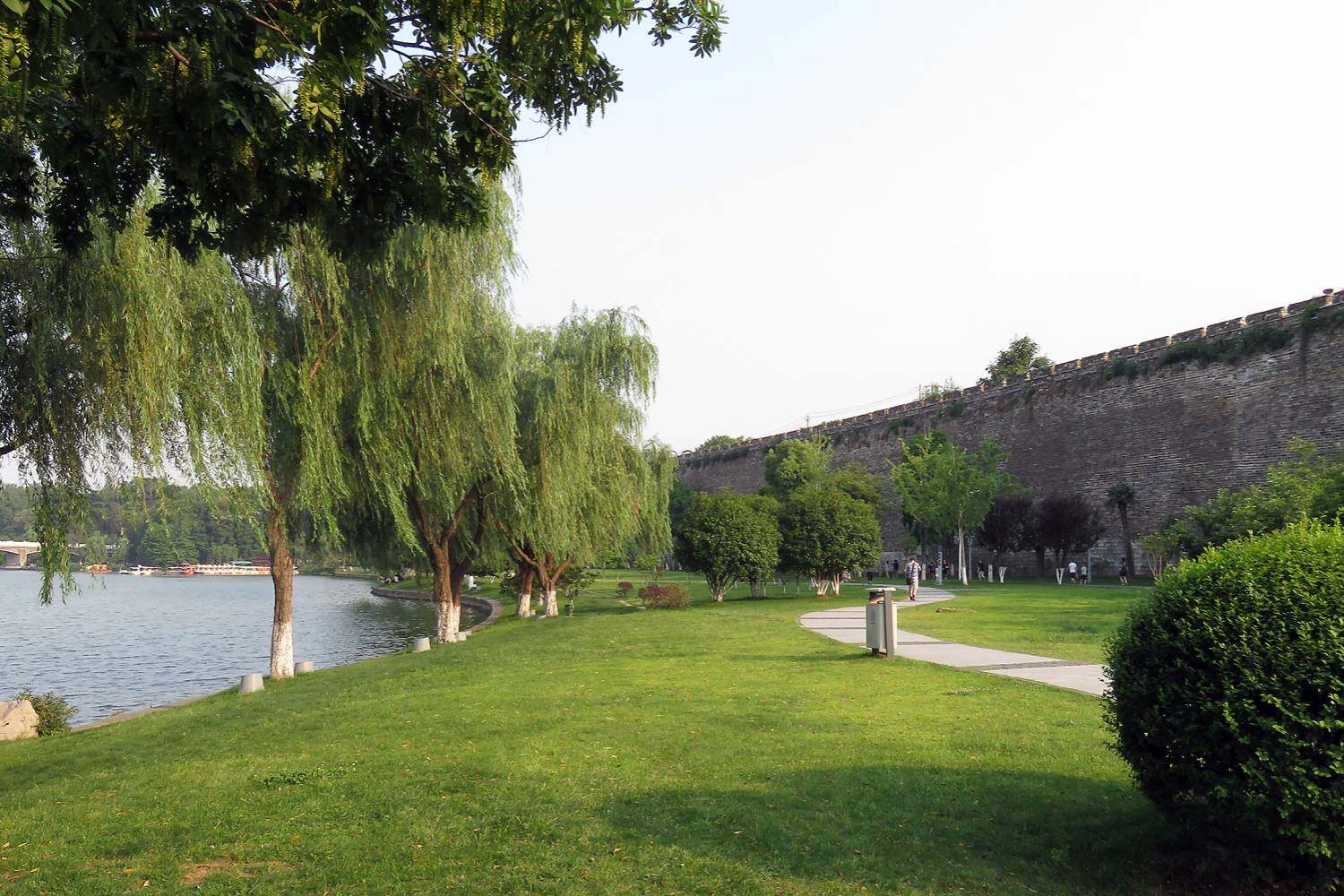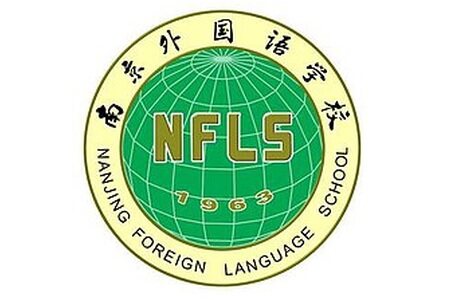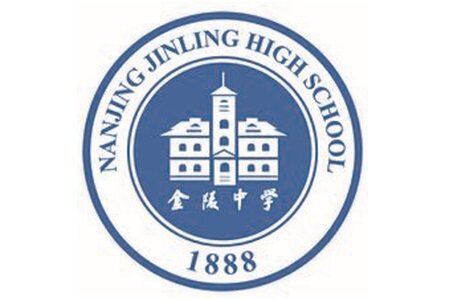- English use widespread
- International-standard hospitals and clinics
- Local hospitals and clinics
- International schools
- Western-style restaurants
- High-speed train station
- Metro system
- Large expat community
- Opportunities for learning Mandarin
- Airport
- Shopping malls
- International grocery stores
Nanjing was the capital of China during the Ming dynasty (1368 to 1644) and is now the modern, cosmopolitan capital city of Jiangsu province.
Nanjing is one of the biggest cities in Jiangsu, with a population of around 10 million. Despite its size, it is a very livable city and a pleasant place for work and leisure.
The city is multicultural, with residents from many other areas in China and the rest of the world. Expatriate teachers from different cultures and religious backgrounds can easily find a lifestyle that suits them in Nanjing.


A facinating mix of old and new
Many expat residents feel at home along Shanghai Road, where there are bars and restaurants catering to every crowd, smalls shops, boutiques, and lots to see and do. Other parts of the city also offer a mix of Chinese and western-style food, as well as popular scenic areas and historic sites.
Nanjing’s history can be traced back 5,000 years. It was the capital city of China during the Ming dynasty and again for a brief time before the establishment of the People’s Republic of China in 1949. Attractions include fascinating museums, beautiful gardens and historical sites, including some of the original Ming city walls and city gates, palaces and temples.
Travelling around Nanjing is easy with its ever-expanding metro system and network of cheap public buses. The city is connected to multiple destinations in China via high-speed rail and air.






